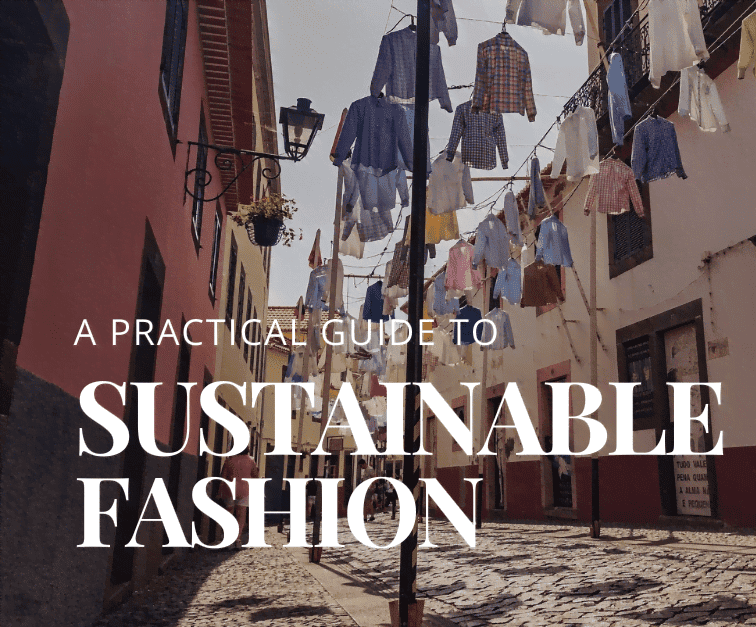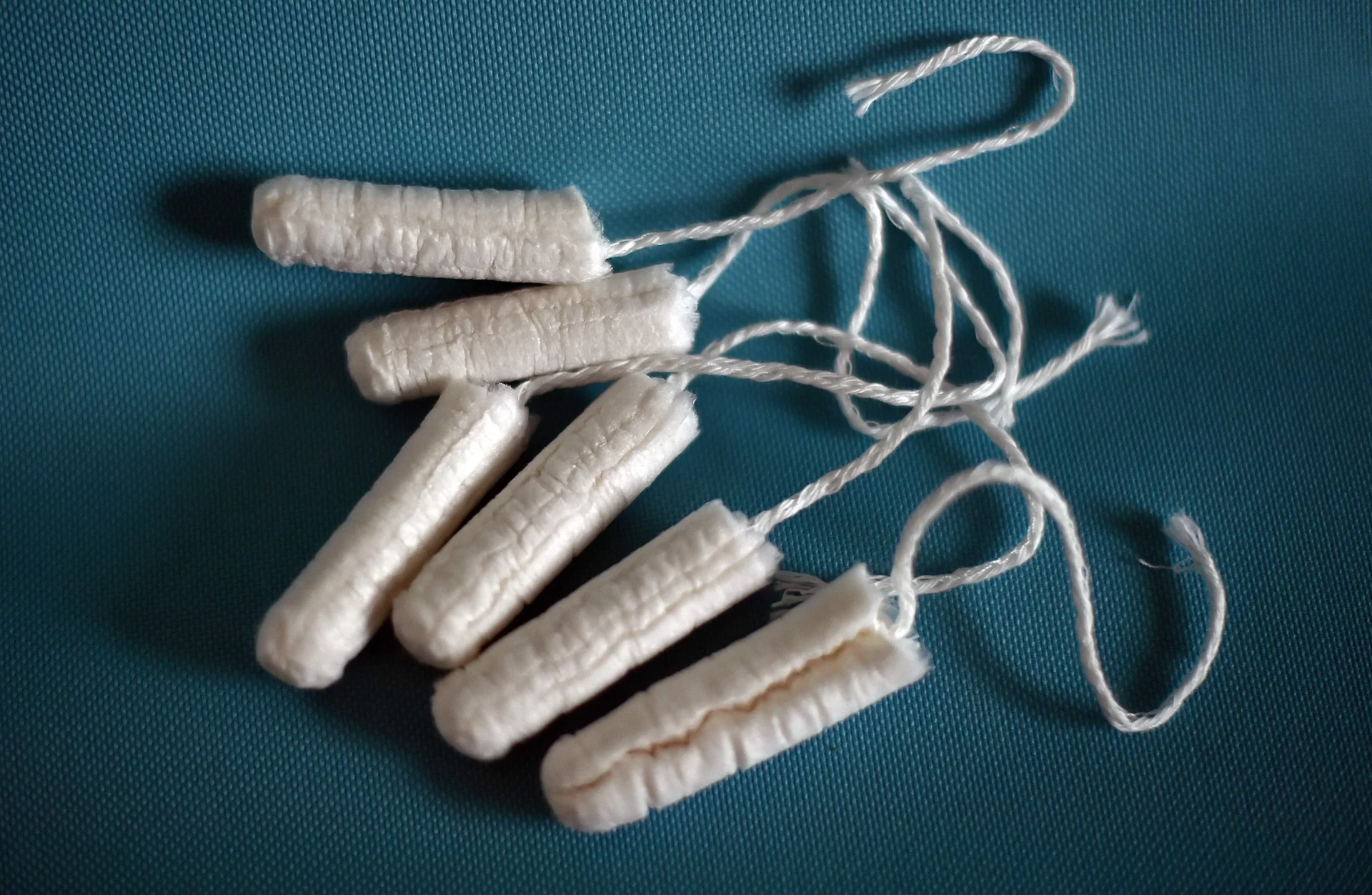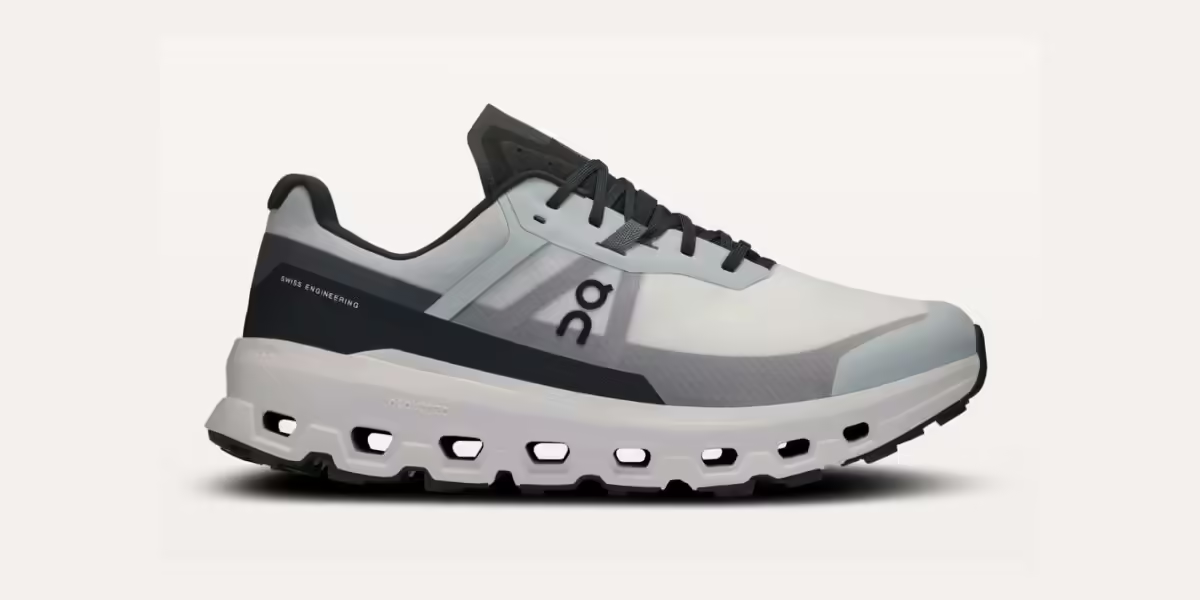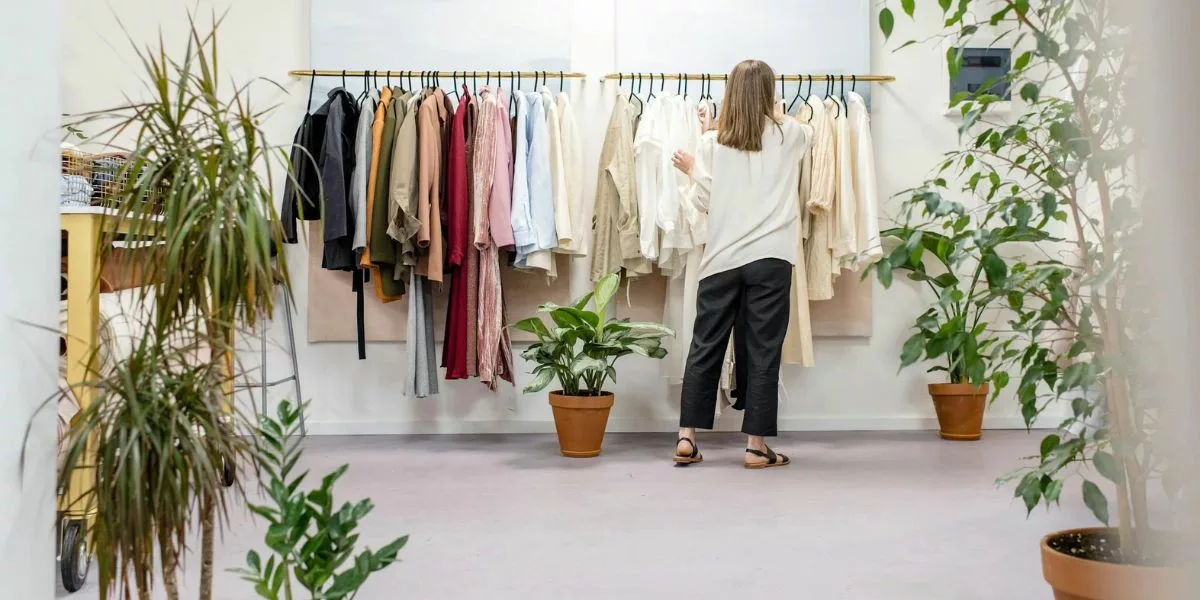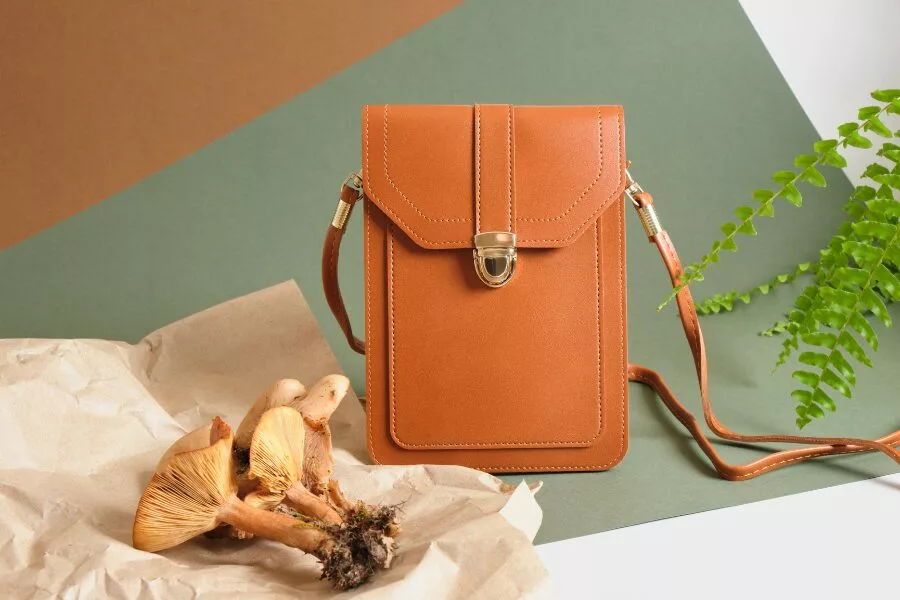Last Updated on July 17, 2024 by Shavy Jain
The fashion industry has been under scrutiny for its environmental and social impact, leading consumers and researchers to question the practices of popular clothing brands. Uniqlo, a well-known global apparel retailer, has gained popularity for its affordable and trendy clothing. However, the question “Is Uniqlo fast fashion?” has been an ongoing debate regarding whether Uniqlo falls under the category of fast fashion or if it demonstrates sustainable practices.
This article aims to provide an examination of Uniqlo’s sustainability practices, exploring its production methods, supply chain, and commitment to environmental and social responsibility.
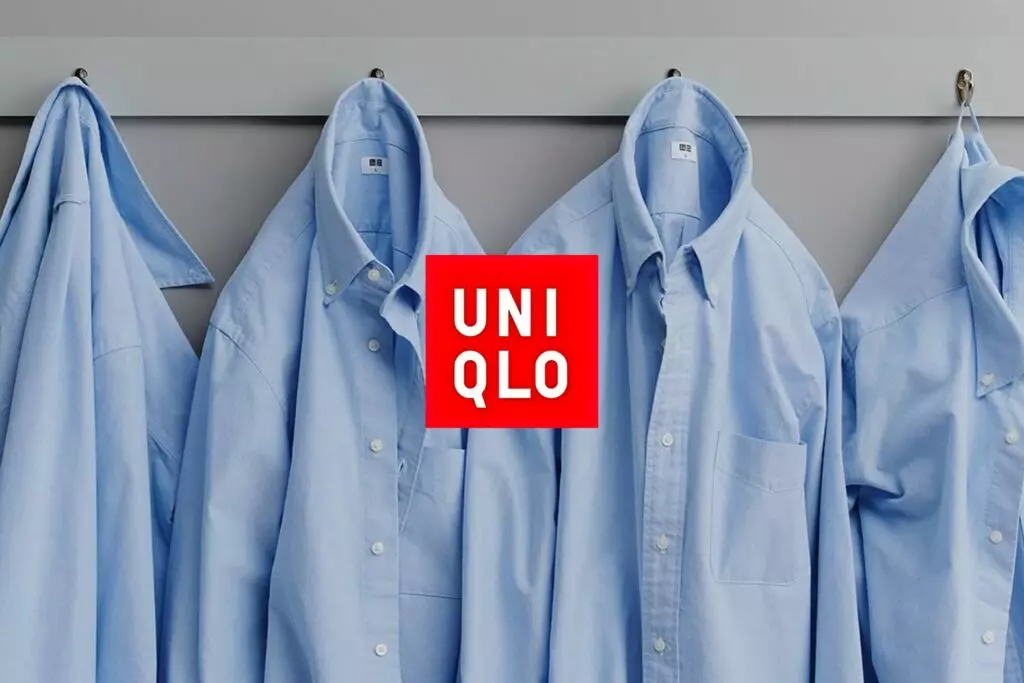
What is Uniqlo?
Uniqlo is a brand under Fast Retailing Co., Ltd. It was born in Hiroshima, Japan, in 1984. Initially, the name “Uniqlo” stood for “Unique Clothing Warehouse.” The brand aimed to deliver high-quality casual wear at fair prices.
The brand operates on a “SPA” (Specialty store retailer of Private label Apparel) business model. They control everything from design and manufacture to distribution and retail. It helps them ensure product quality, respond to market trends swiftly, and keep costs low. In return, customers get affordable high-quality clothing.
Uniqlo’s primary focus is “LifeWear.” The idea is to offer innovative, high-quality clothing that suits everyone. Uniqlo doesn’t chase fast-changing fashion trends. They aim to provide essential clothes for daily life. They ensure this through constant fabric technology innovation and a minimalist, timeless design philosophy.
Uniqlo started expanding globally in the early 2000s. The first overseas store opened in London in 2001. Today, Uniqlo operates in over 20 countries, including the United States, China, and Australia.
Is Uniqlo Fast Fashion?
Many question Uniqlo’s sustainability practices and its place in the fast fashion industry. Fast fashion features rapid production cycles, low prices, and frequent rotation of trend-based, disposable clothing. Uniqlo shares some of these traits like affordable pricing and quick response to market trends. But, it significantly deviates in other aspects.
Uniqlo’s aim isn’t to produce disposable clothing driven by trends. They focus on high-quality, functional, and timeless pieces designed to last for many seasons. This approach aligns more with slow fashion principles, which highlight quality, longevity, and sustainability.
Uniqlo’s products are famous for their quality and durability. They invest heavily in fabric technology and quality control. The idea is to create functional, comfortable, and long-lasting clothes. Still, the product lifespan also depends on how the consumer uses and cares for the product. Even if Uniqlo’s clothes are designed to last, if consumers treat them as disposable, it adds to the fast fashion problems.
So, while Uniqlo shares some characteristics with fast fashion brands, its quality, functionality, and timeless design set it apart. But, we must consider the brand’s sustainability efforts and labor practices in the fast fashion debate.
Unlock Your Savings with Exclusive Offer Coupons
Save big while shopping for sustainable products! Grab your exclusive coupons today!

Uniqlo’s Controversies in Labor Practices
Uniqlo, a global fashion giant, has faced its share of controversies when it comes to labor practices. One of the most notable issues revolves around the ongoing worker’s rights case. Reports have emerged suggesting that Uniqlo owes a significant amount of severance pay to Indonesian garment workers, amounting to $5.5 million. This has raised concerns about the brand’s commitment to ensuring fair wages and conditions for its workers.
The implications of such controversies are vast. Not only do they tarnish the brand’s reputation, but they also highlight the broader issues within the fast fashion industry, where profit often takes precedence over people. Fair labor practices are not just about wages; they encompass safe working conditions, reasonable working hours, and the right to collective bargaining. For a brand as influential as Uniqlo, upholding these standards is not just a responsibility but a necessity to lead the industry toward a more ethical future.
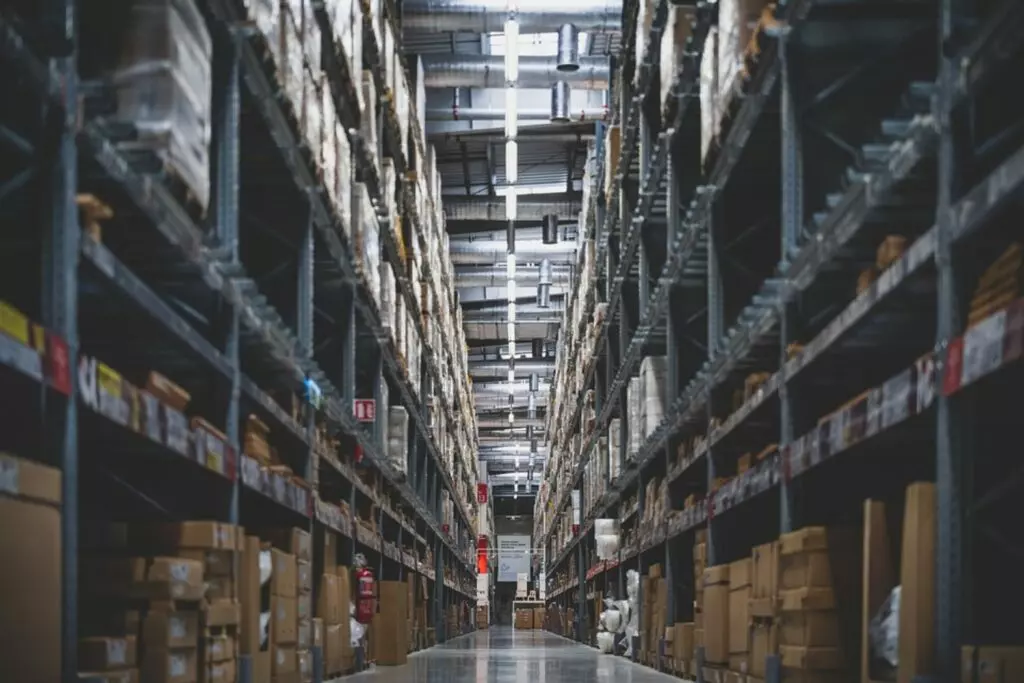
Uniqlo’s Progress on Environmental Targets
In recent years, Uniqlo has taken steps towards addressing its environmental impact. The brand has set science-based climate change targets, aligning its goals with the broader objectives of the Paris Agreement. Such targets are essential in ensuring that companies contribute to global efforts in combating climate change.
However, setting targets is just the first step. The real challenge lies in the execution and reporting of progress towards these goals. Transparency plays a crucial role here. Stakeholders, including consumers, demand to know how brands like Uniqlo are performing in their sustainability commitments. Regular updates, backed by data, can build trust and showcase the brand’s genuine efforts in reducing its carbon footprint and overall environmental impact.
Uniqlo’s Approach to Animal Welfare
Animal welfare remains a contentious issue in the fashion industry, and Uniqlo is no exception. The brand uses materials such as leather, exotic animal hair, and silk in its products. Each of these materials has its own set of ethical concerns, from the treatment of animals to the methods of extraction.
Uniqlo has policies in place regarding wool sourcing, emphasizing the use of non-mulesed sheep wool. Mulesing is a controversial practice that involves removing a section of the sheep’s skin to prevent parasitic infection. While Uniqlo’s stance against mulesing is commendable, there is a pressing need for evidence to verify these claims. Transparency in sourcing and third-party certifications can go a long way in assuring consumers of the brand’s commitment to animal welfare.
For a brand of Uniqlo’s stature, it’s imperative to not only have policies in place but to actively showcase their implementation. This not only builds trust but also positions the brand as a leader in ethical fashion practices.
How Consumer Choices Can Influence Fashion Brands’ Sustainability Practices
Consumers have a significant role in shaping fashion brands’ sustainability practices. As consumers become more aware of the impacts of their purchases, they can support sustainable brands. Brands are also realizing that sustainability is a business need. Consumers demand transparency about the origin and production of their clothes. They are willing to support brands that can provide this information and show commitment to sustainable practices.
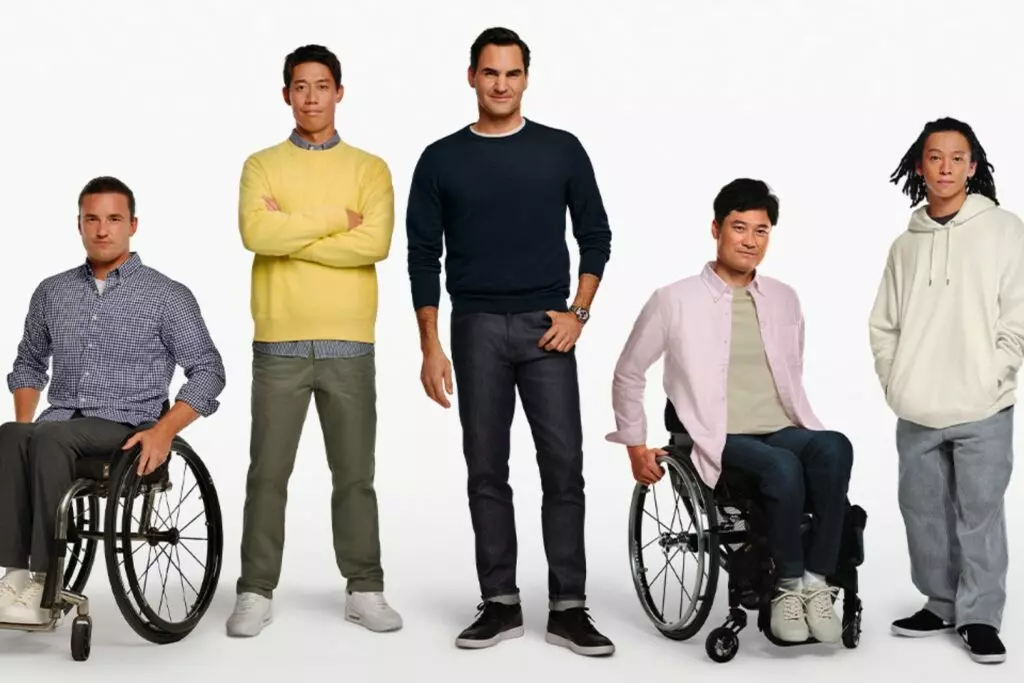
Here are some tips to help consumers make sustainable fashion choices:
- Research Brands: Explore websites like Wiser Eco that provide lists of sustainable clothing brands. Each brand on the list, from Patagonia to Everlane, has unique sustainability credentials. You can make informed choices by understanding these.
- Prioritize Transparency: Choose brands that prioritize transparency. Everlane, for instance, is known for its “Radical Transparency” approach. They disclose cost breakdowns, supply chain information, and labor conditions
- Look for Fair Trade Certification: Brands like Patagonia offer Fair Trade Certified products, meaning workers are paid fairly and work in safe conditions. By choosing these brands, you support fair labor practices.
- Support Carbon Neutral Goals: Some brands like Tentree are committed to becoming carbon neutral. By supporting these brands, you’re helping combat climate change.
- Choose Brands with Inclusive Sizing and Representation: Universal Standard is known for its inclusive sizing. Choosing brands that prioritize inclusivity means supporting a more sustainable and fair fashion industry.
- Check Materials Used: Look for brands that use sustainable materials. Alternative Apparel, for instance, uses organic cotton and recycled materials in their products.
- Consider the Lifespan of Clothing: Choose brands like PACT that offer durable clothing designed to last, rather than disposable fast-fashion items.
- Rent Instead of Buying: Consider services like Rent the Runway which offers rental options for fashion. This can be a more sustainable choice, especially for occasional wear.
- Support Brands with Give-Back Programs: Tentree plants ten trees for each item sold. By shopping with brands that give back, you can make a positive impact on your purchases.
- Think Secondhand: Platforms like ThredUP offer high-quality secondhand items. Buying secondhand can significantly reduce your environmental impact.
Eco-Friendly Alternatives: Top 10 Sustainable Fashion Brands
Understanding that the Uniqlo’s sustainability claims can often lack clarity and transparency, we’re here to simplify your eco-conscious shopping journey. We’ve curated a list of the top 10 go-to athletic and leisure wear brands known for their genuine commitment to environmental and ethical practices.

Girlfriend Collective, led by a founder who truly believes in sustainability, excels at transforming recycled post-consumer bottles into ethically and sustainably made activewear. These pieces are known for being incredibly comfortable, durable, and inclusive. They offer a wide range of sizes, from XXS to 6XL, and a variety of styles that suit all kinds of activities.
What makes Girlfriend Collective a formidable alternative to Uniqlo is its transparency about the manufacturing process. The brand is SA8000 certified and uses recycled fabric certified Standard 100 by Oeko-Tex.

Patagonia is the gold standard for sustainable activewear. The company has been a leader in sustainability for years, and recently changed its ownership structure to ensure its profits support environmental initiatives.
To buy from Patagonia is to buy from brands that have been pioneering sustainability the longest. Patagonia’s commitment to the planet is impressive. They aim to eliminate virgin petroleum fiber from all their products and plan to use only 100% reusable, home compostable, renewable, or easily recyclable packaging by 2025.

The North Face, a legacy outdoors brand, is cherished for its longstanding commitment to sustainable practices. They’ve consistently prioritized nature by setting and achieving actionable, science-based goals. The brand is working to reduce supply chain greenhouse gas emissions through key partnerships and are committed to eliminating single-use plastic packaging by 2025.
The North Face Renewed program is another great initiative, promoting circularity by giving used gear a second life. This not only reduces waste but also encourages us to think twice before throwing things away.

Outerknown, a sustainable clothing brand, was founded in 2015 by professional surfer Kelly Slater and fashion designer John Moore. Based in Los Angeles, Outerknown has remained dedicated to its mission of creating sustainable and ethical clothing.
The brand upholds high standards of fair labor practices, works with B Corp-certified suppliers and renewable energy facilities, and uses regenerative farming practices. Their reselling platform, Outerworn, is another example of their commitment to sustainability.

LA Relaxed, offering a size range from XS to XL, is committed to ethical employment by making all its clothing in downtown Los Angeles. The brand uses sustainable, vegan, and cruelty-free fabrics like hemp, linen, and organic cotton. By producing in small batches, they reduce waste and ensure high quality.
Customers love the comfort of LA Relaxed’s fabrics.
If you’re searching for alternatives to Uniqlo leggings, try the Heirloom Organic Jogger. These organic cotton sweats come in three vibrant colors and add a stylish touch to your workout wardrobe.

Icebreaker uses merino wool to create natural performance alternatives for a synthetic-free workout. Their activewear lineup includes sports bras, t-shirts, tanks, shorts, outer layers, and leggings, all designed to be versatile and long-lasting. The brand maintains strong, long-term relationships with its merino sheep farmers and traces its supply chain to ensure ethical practices from start to finish.
Icebreaker’s hiking layers are fantastic—they’re often not itchy and perform well even on hot days. Plus, their minimalist design makes them suitable for everyday wear.
Check Our Ecowiser, Your Premier Partner For Making Sustainable Choices
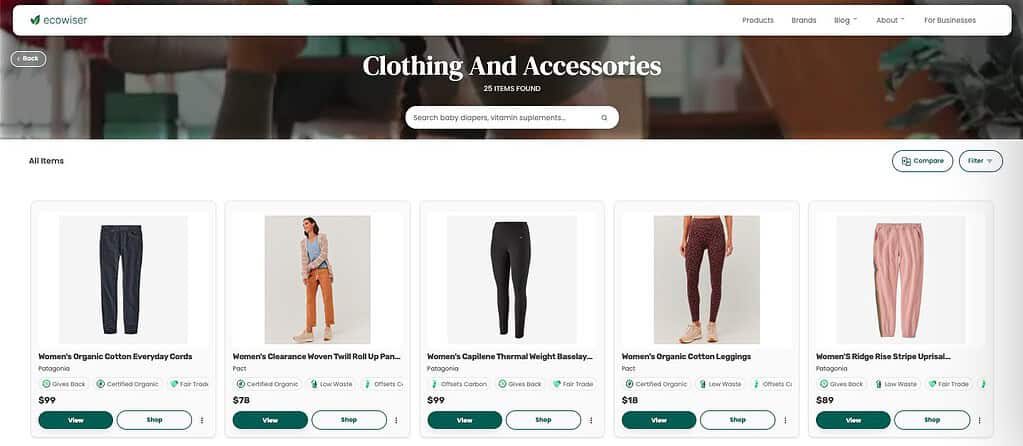
Our commitment to sustainability extends beyond fashion; we’re dedicated to guiding you along your entire eco-friendly shopping journey. That’s why we’re excited to introduce you to Ecowiser, your one-stop destination for a diverse range of products, including beauty, home essentials, apparel, groceries, toys, electronics, and much more.
At Ecowiser, we meticulously research and thoughtfully curate our selections to fulfill your sustainable living requirements. It’s not just about shopping; it’s about making choices that align with your values and contribute to a healthier planet. With us, rest assured that every purchase is a step towards sustainability!
Conclusion: The Verdict on Uniqlo
Uniqlo has a unique position in the fast fashion debate. It shares some traits with fast fashion brands, particularly in supply chain practices. However, its quality, functionality, and timeless design set it apart. Uniqlo has made progress towards sustainability, evident in its various initiatives. For example, the brand has committed to using sustainable materials such as recycled fibers and partnering with organizations like the Better Cotton Initiative to promote sustainable cotton production. Uniqlo also places emphasis on transparency, regularly disclosing information about its supply chain and manufacturing processes.
While these efforts demonstrate a commitment to sustainability, there is still room for improvement in terms of labor practices. It is essential for Uniqlo to ensure fair working conditions and fair wages throughout its supply chain, as well as to provide more detailed information regarding its labor practices. As consumers, we can demand more transparency, support their sustainable initiatives, and hold them accountable. So, while Uniqlo may not fit the traditional fast fashion definition, it’s not entirely free from the associated issues. The brand’s future sustainability will largely depend on its actions and our choices as consumers.
Interested in learning more about your favorite brands and their practices? Explore our collection of fashion blogs for in-depth reviews, insights, and recommendations. Stay informed and make conscious choices.
FAQs About Uniqlo Brand
Is Uniqlo a sustainable brand?
Uniqlo has made efforts towards sustainability, such as using sustainable materials and promoting transparency. However, some sustainability concerns remain, particularly regarding labor practices.
What sustainable initiatives has Uniqlo implemented?
Uniqlo has committed to using sustainable materials like recycled fibers and has partnered with organizations such as the Better Cotton Initiative. They also disclose information about their supply chain and manufacturing processes.
How can I make more sustainable choices when shopping at Uniqlo?
Look for Uniqlo’s sustainable collections, such as those made from recycled materials. Consider the lifespan of the clothing and opt for versatile pieces that can be worn for multiple seasons.
Are Uniqlo’s products durable?
Uniqlo is known for its focus on quality and durability. Their clothing is designed to withstand regular wear and maintain its shape and color, which contributes to their sustainability efforts.
Can I find sustainable alternatives or secondhand options at Uniqlo?
Uniqlo does not offer secondhand options, but you can explore their sustainable collections and consider shopping secondhand from other platforms if you prefer a more sustainable approach.
Does Uniqlo offer any eco-friendly packaging or recycling programs?
Uniqlo encourages customers to reuse their shopping bags and offers recycling programs for certain items, such as old down jackets, in some regions. Check with your local store for specific details.
Stay stylish and sustainable!
Subscribe for exclusive fashion tips and a free guide to eco-friendly apparel.



